
Are you confused about whether or not the heat generated by wireless charging harms your precious smartphone battery? Have you been searching Google for ways to keep your battery in perfect health but still haven't got the answer?
Fear not; all will become clear in today's article. So, let's get to it!
Wireless Charger Will Not Hurt Your Phone Battery Life
Well, to be specific, the heat generated during wireless charging will not damage your phone battery.
1) Wireless chargers provide a more stable current.
Instead of connecting a cable in a wall outlet or other power source to charge your phone, wireless charging (or inductive charging) is more than convenient. It relies on "resonant inductive coupling," which involves a transmitter coil (located in your wireless charging pad) and a receiver coil (located in your phone) to create the 'electronic' connection. The electric current is transmitted and converted by these two coils, which subsequently fills up your phone's battery.

Simply place your phone on the surface of a wireless charging pad and leave it there to charge!
But how does the current actually flow inside?
Well, with a traditional wired charger, the wall adapter takes the AC (alternating current) electricity from your mains supply and converts this to a DC (direct current) flow to charge your battery. Voltage is usually higher. The current is often unregulated and unsafe, although it operates at about 1.6 Coulomb transmitted current per second (equivalent to 1.6Amps).

However, the current used in wireless charging is around 1 Coulomb per second (equal to 1Amp) and this is quite different from wired charging. The transmitter and receiver coils used for wireless charging are located in different devices (see my explanation on "resonant inductive coupling" above).

Because it has a lower current compared to wired charging along with the separated coils and plastic material (for example, the Qi charger you use) in between, it is a more stable and safe charging environment for your battery. Therefore, to some extent, wireless chargers are good for your phone in the long run.
2) Heat does not directly affect cell phone batteries.
You may wonder, does heat damage the battery as it can get pretty hot?
It is the semiconductor, such as your phone's back cover that generates heat via the current flow and not the actual lithium-ion battery itself.
The lithium battery isn't a semiconductor, so the battery doesn't really have electricity passing through, and therefore no heat is generated accordingly.

Ah, but will the heat transferred from other semiconductor parts affect the battery if they get too hot?
3) Your phone battery is smart enough to protect itself.
We often complain that our smartphones can easily heat up when charging, and the heat will have a side effect on the battery. However, the phone is more than capable of managing the process and stopping the charging process if things get too hot.
How so? Rechargeable lithium-ion batteries used in smartphones usually have a PCM (Protection Circuit Modules) protection board, which protects the battery from operating beyond its safe operating limits. It monitors the battery state and other data and reports it to the motherboard to control the temperature.
Here's an excellent example of the iPhone. Apple claims that it can be charged up to 50% in 30 minutes by fast charging (7.5W), proven to be accurate if you use the right cable and charger. But what you don't know is that the charging speed slows down.

A test made by Mashable shows that the iPhone X could be charged up to 46% in the first 30 minutes, but then it takes 2 hours and 5 minutes to finish the remaining 52%. The fast charging time depends on the charger you use. If the charger can dissipate heat effectively, you can charge the phone at the higher 7.5W (watts) for a longer period, but if not, the charger drops to 5W to avoid damaging the battery.
What Degrade Your Smart Phone Battery and How to Protect It From Rapidly Aging
Even though wireless chargers aren’t bad for your smartphone battery, there's no avoiding the fact that batteries have a finite life, after which they will certainly degrade. This degradation is accelerated if you use and charge the battery incorrectly. Fortunately, there are several ways to help prolong your smartphone battery's life and keep it in good condition.

1) Deep discharge your phone battery.
Yeah, discharging your phone to zero once a month helps the battery operating system calibrate the battery's full life cycle, so it knows exactly how much capacity it has over time. Unfortunately, the battery has a limited lifespan (or cycle count), and regularly draining your battery means you use up one cycle each time.
According to Battery University's discovery, "there is no memory and the battery does not need periodic full discharge cycles to prolong life." This means that regularly deep discharging will not help prolong the battery life but shorten it just a little bit each time.
So what can you do to prevent unnecessary damage?
Well, it's simple. If you're going to be shelving any lithium-ion battery for a long time, try to leave it with at least 40 percent battery power to tide it over. And if you are going to maintain its best condition, minimize the deep discharge time except for the necessary calibration process one in a while. The smaller the discharge (low DoD), the longer the battery will last. If at all possible, avoid full discharges, and charge the battery more often between uses.
2) Frequently fast charge your phone.
You might ask if it is bad to charge your phone overnight with wireless charging? Well, smartphones are, in fact, smart, so they know when to stop charging when you charge it overnight.
But according to the research of the US Department of Energy, "Running batteries at higher voltages also led to more ion path irregularities, and thus a more rapidly deteriorating battery." So, suppose you frequently charge the battery quickly. In that case, it will cause the lithium-ion batteries to corrode faster than they otherwise would, regardless of whether it is "overnight" or any other time.

Lithium-ion batteries live their longest when charged and discharged at low speeds.
A high-voltage charger may cause your rechargeable batteries to lose their ability to hold a charge over time. But since fast charging is only at the beginning of a charge cycle and phones and their chargers are smart enough to only apply the extra voltage when necessary, the damage should not be too bad.
Anyway, if you're not in a hurry, it's probably better for your battery to apply a slow and steady charge through a low-voltage charger.
3) The battery is overheating.
Each lithium-ion battery has a safe operating area, which establishes the highest temperature that your phone battery can endure, and unfortunately, their biggest enemy is extreme heat. So if you usually subject your phone to extremely high temperatures above 40 degrees Celsius, your phone's battery life could be significantly affected or even degraded.
Be careful; don't confuse "overheating" with the standard "heat" caused by wireless charging. Here I am talking about the heat mostly caused by the weather.

You simply need to keep an eye on the temperature.
The temperature, especially extreme heat, has a significant impact on your device's battery. If the place where you live has extreme weather (above 40 degrees or lower than 0 degrees), try to keep the phone out of direct sunlight, or keep it away from the extreme freezing temperature as much as possible.
The Bottom Line
Wireless charging may still have some shortcomings compared to wired charging, but you have to admit, it has taken off and proved to be very convenient. Contrary to popular belief, it won't damage your smartphone's battery as it manages the process very carefully.
It is also important to choose a safe place to store your smartphone when charging it, wired or wireless, and the PITAKA MagEZ Mount Qi pad is the perfect place to do it. The MagEZ Mount Qi is designed to safely hold and wirelessly charge your smartphone in the car.
If you are still concerned about keeping your smartphone battery at its very best, follow the tips above and get yourself a reliable charger.
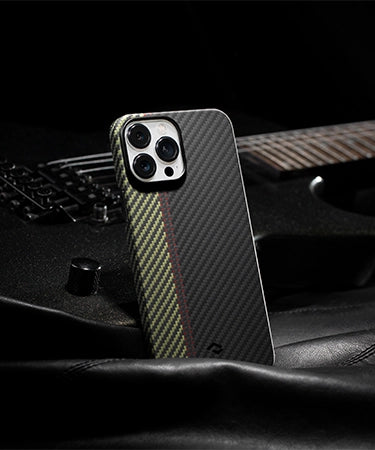
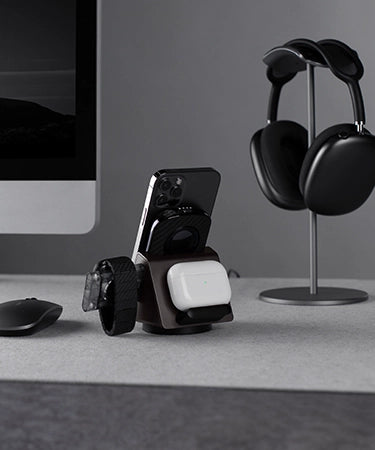
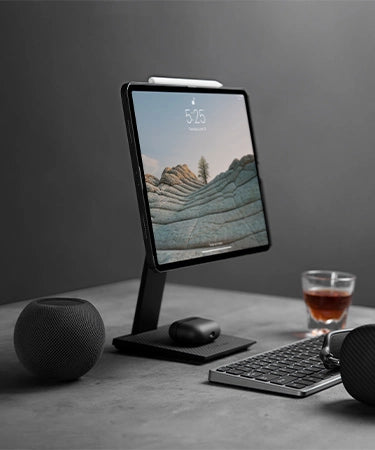
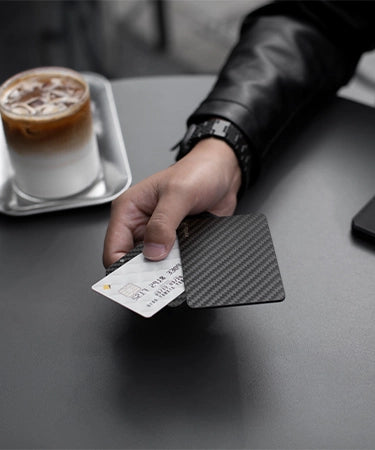
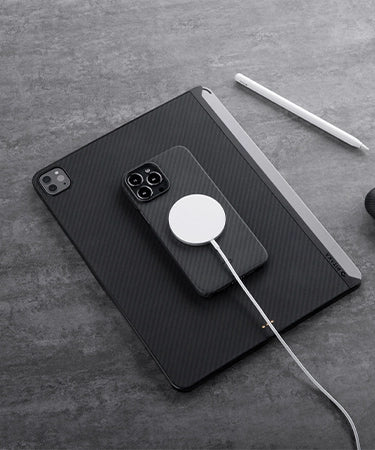
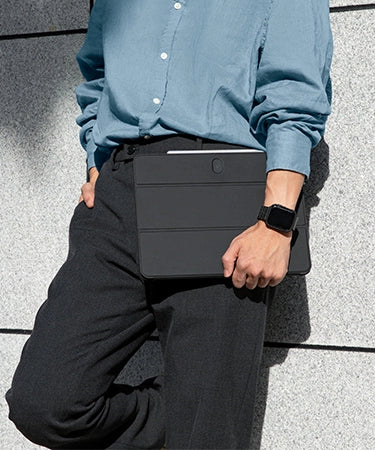
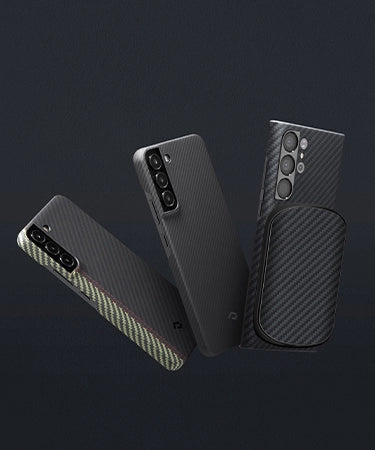
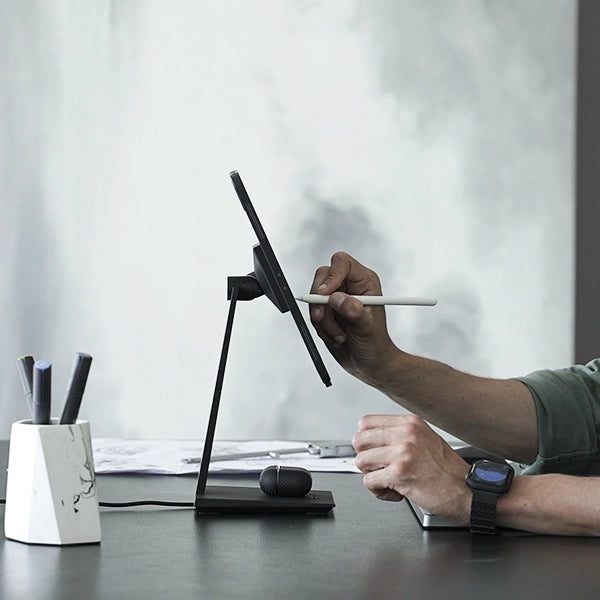
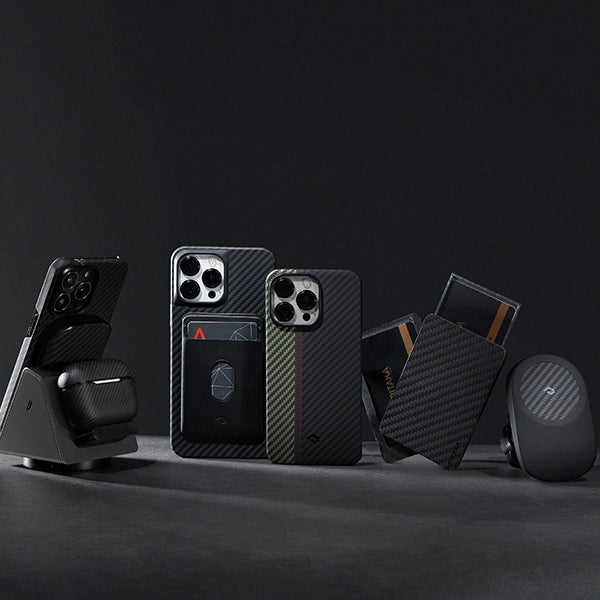
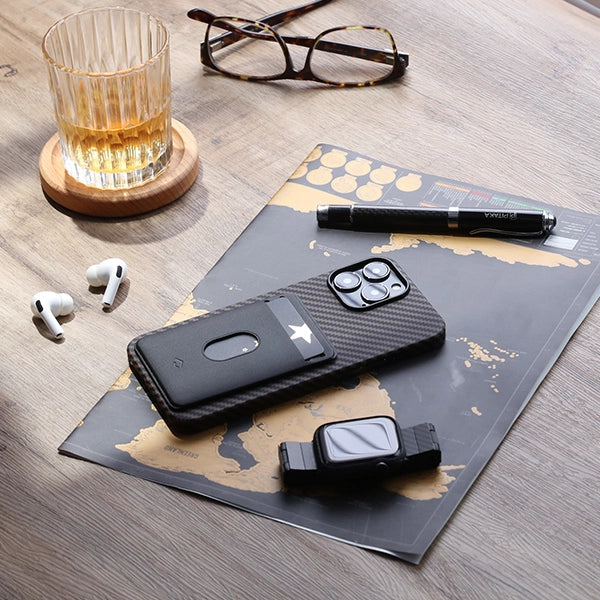
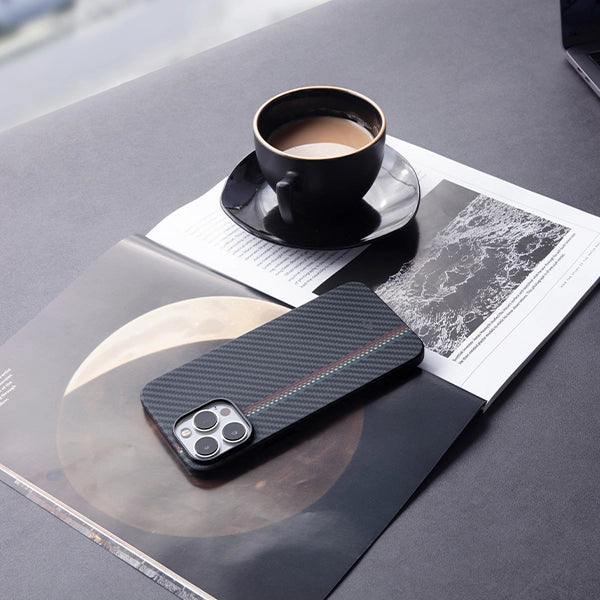

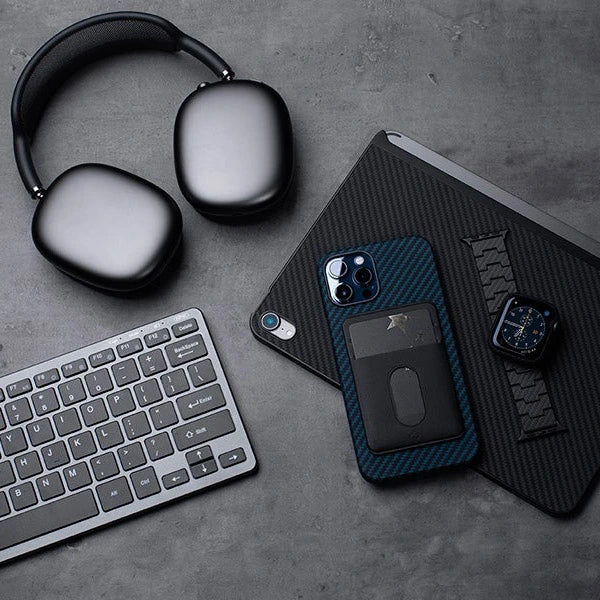
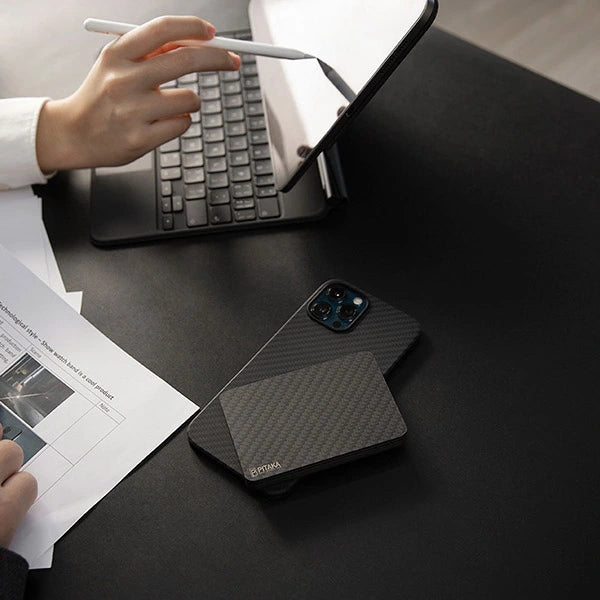
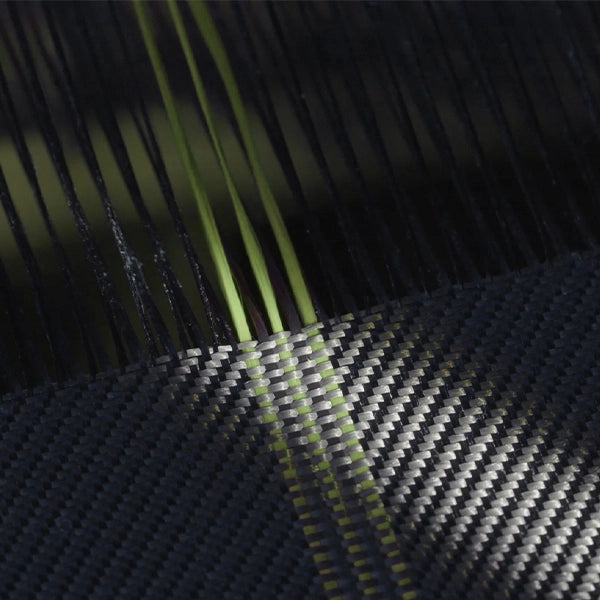

yes, it’s true..
Well i would disagree with one thing that wireless charger is Convenient. As You said “it really has taken off and proved to be very convenient.”
The Wireless charger has small coils you need to carefully place the phone and the weird part is that even in 2019 only Samsung made a Wireless Power bank & the implementation is late though still kinda good.
Now Back to the topic, i found that plugging a power source for the wireless charger and to the phone directly which is more convenient ??
According to me you can definitely say that Wireless Chargers are Cool, Smart Looking Or a Smart Way to Charge but Convenient hmm not sure about that, you still need to place the phone on the coils as its base is big but not the coil is big.
We can say its a Cool, Smart Way & Sort of Convenient.
Pardon for such big comment but i like to add my opinion to technology related articles as i am own a Tech Person.
I disagree with your point Dheeraj that only samsung has made Wireless Power banks. Mi has launched Wireless power banks and Qi Chargers usually come in specific sizes. It’s not hard to place a phone on them correctly. They are designed in such a way that you tend to keep your phone correctly.
My dear friend, Fawzy Moughabghab, always opined over the meretricious joys of wireless charging and I completely concur.
なかなかよい商品ですね。
興味を、持ちました。
よい商品開発に期待します。